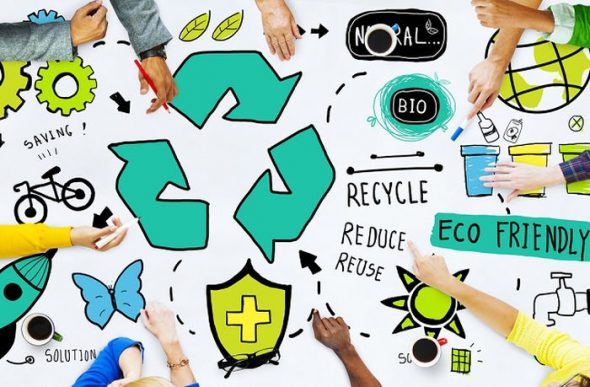It’s Not Easy Going Green – Not Even Today

Being eco-friendly in everyday life can be a tough job. No matter if you drive a car, get your geek on with a laptop with low power consumption or only wear clothes made of natural fiber produced and harvested with the utmost respect to the environment, you’ll encounter not only a ton of products that were made using eco-unfriendly methods but further tons that conceal their true nature, often lying about their origins. If only things were as simple as they are in the digital world. Or are they? Digital products, no matter if they are songs, pictures, or games you can play at Euro Palace, have no direct impact on the environment (that’s why a digital invoice is better than a printed one), yet the servers they are stored on can often have quite a significant carbon footprint. Luckily, most web hosting companies, including the one hosting the servers for Euro Palace, have committed to reducing their contribution to global warming significantly over the years. Soon, we’ll be able to play Euro Palace games knowing that we do the right thing for our world by supporting the global use of renewable energy. Being eco-friendly and doing the right thing today is still not the easiest thing to do due to the lack of transparency of the supply chain.
All the small things that matter
Take flax for example. Once a fashion staple, flax fiber (along with other alternatives like hemp, bamboo or wood pulp) now makes up less than 2% of the market, overshadowed by natural fibers like cotton and synthetics like polyester and spandex. Flax is a far more eco-friendly natural fiber than cotton – it demands less water and pesticides, and its seeds are eaten as they are or serve as raw material for oils and meals.
Some of the benefits of flax are canceled out by the supply chain. Harvesting is done with diesel-powered machinery. Transporting, processing, and even selling flax-based items adds measurable amounts of carbon to the atmosphere, contributing to global warming and the destruction of our habitat.
Alternative fuels
Perhaps one of the biggest hoaxes of the fuel industry is ethanol. First of all, there’s the question of food vs. fuel. Millions of acres of farmland are used to produce corn – perfectly edible corn – that is transformed into ethanol. The resulting alcohol is then mixed with fossil fuels to reduce the countries’ dependence on petrol. The result is not the reduction of the cars’ carbon footprint but their continued reliance on fossil fuels instead of alternative ones. Gas continues to be the fuel of choice for the vast majority of cars out there, and the use of ethanol will only extend their use.